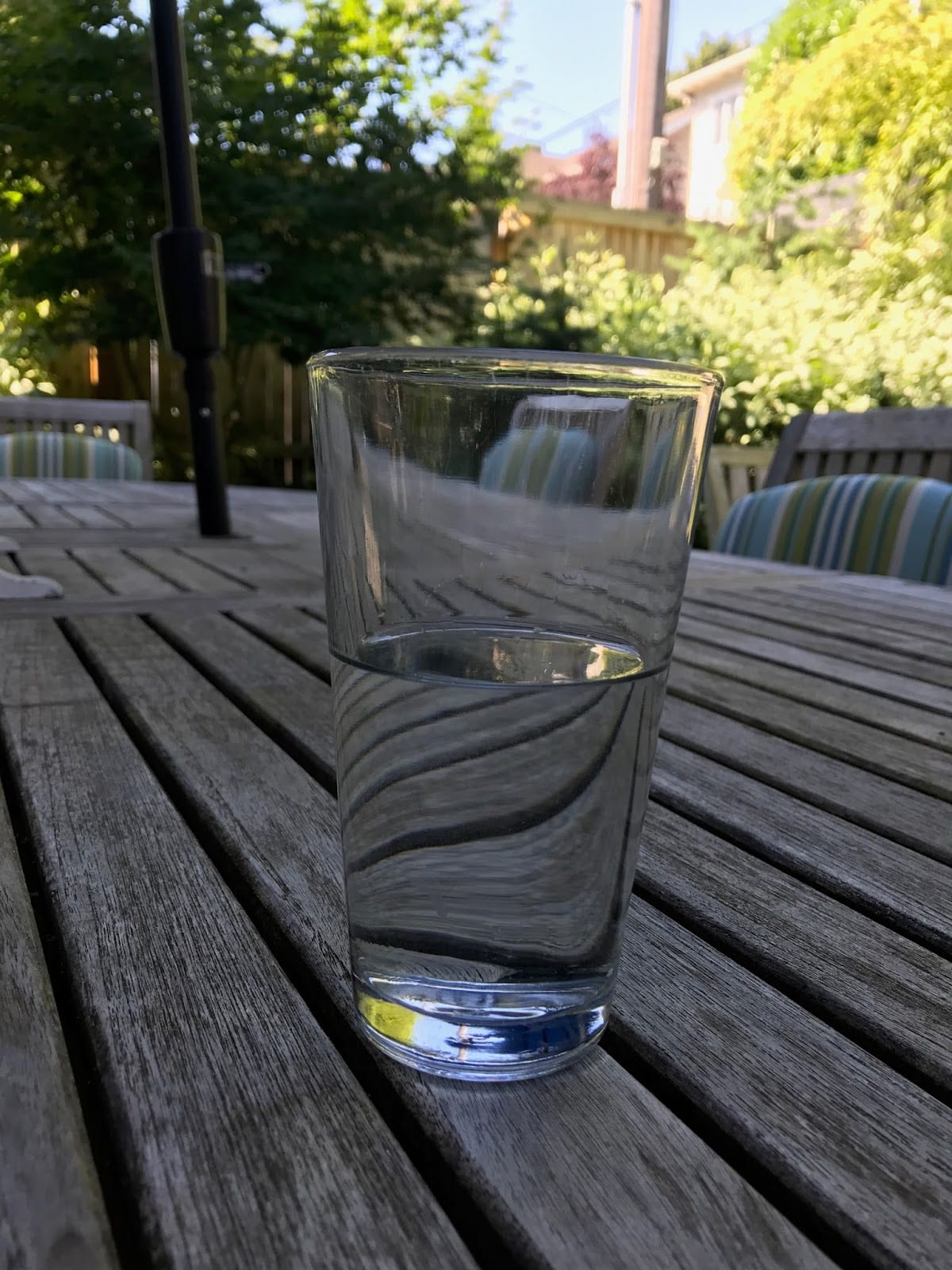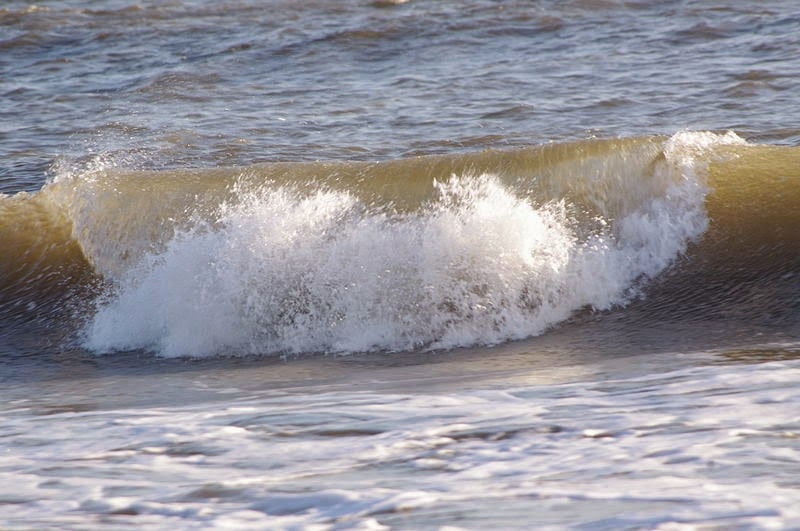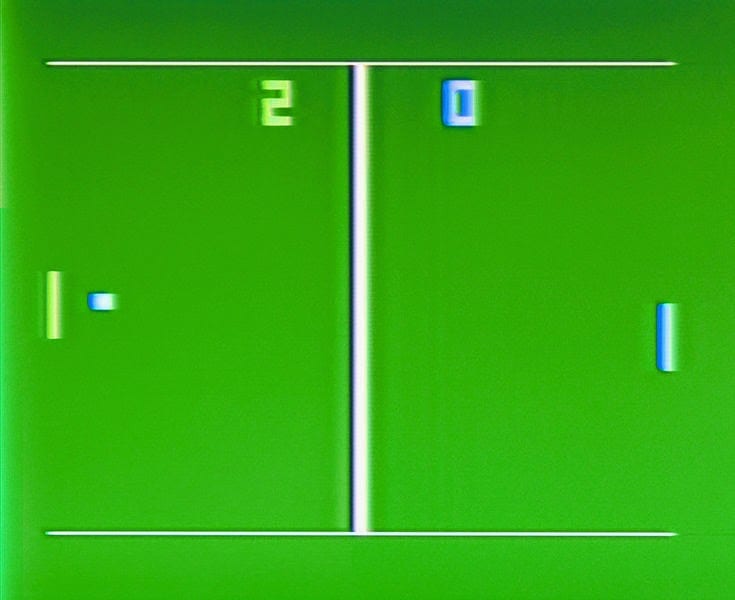
It started when I saw a meme (I know, memes. Ugh. But sometimes…) that said: It doesn’t matter whether the glass is half full or half empty. Remember, the glass is refillable.
I was struck by how easy it is to get trapped into the idea that there are only two ways to see that glass. So often, we convince ourselves that there are only opposing ideas – black or white, right or wrong. We are all familiar with the sayings that begin with “there are two kinds of people: those who….” I liked the notion that the glass was refillable. I adopted it. I wrote it down. I told my kids about it.
To be certain, there are times when we want to fill that glass up higher, and when it makes sense to do so. When one of my daughters does poorly on an exam or school project, I want to remind her that there is always time to do better, that she can move beyond this difficult moment and learn from it and grow. She can be sad that the glass seems half empty, acknowledge it, and then make an effort to create a different scenario next time.
But yesterday, while my mind was wandering, I bumped up against the limitations of that metaphor. I am someone who struggles with control-freakishness but I have learned to use mindfulness to lower my anxiety levels and my need to fix things. I realized that thinking about the glass as refillable moves me away from acceptance and creates the often false assumption that whatever situation I find myself in has to be changed in order to be tenable. I don’t want to lose the power of being in the moment with the glass as it is because I really believe that, often, this is where the magic of growth and learning come from. When we quickly try to move beyond our disappointment or discomfort with the current situation we find ourselves in (ie. racing to fill up that glass), we aren’t giving ourselves the opportunity to practice acceptance and really honor our experience in the present moment. Beyond that, there are unfortunately some things that can’t be altered or ‘fixed,’ and then what do we do with the glass?
My mom has Alzheimer’s and, as these things go, she is in need of constant care taking. That glass isn’t refillable. There is no way to reverse or fix what is happening. But, that doesn’t mean that I have to choose between seeing the glass as half full or half empty. Truthfully, it is both at the same time. It is half full and half empty. Yes, she unable to be independent and take care of her daily needs. AND, she has an incredibly loving husband who cares for her with love and affection and works hard to make sure that she is safe and comfortable. For now, that is the metaphor I want to embrace – the simultaneous existence of lack and abundance and their very reliance on each other in order to exist.





